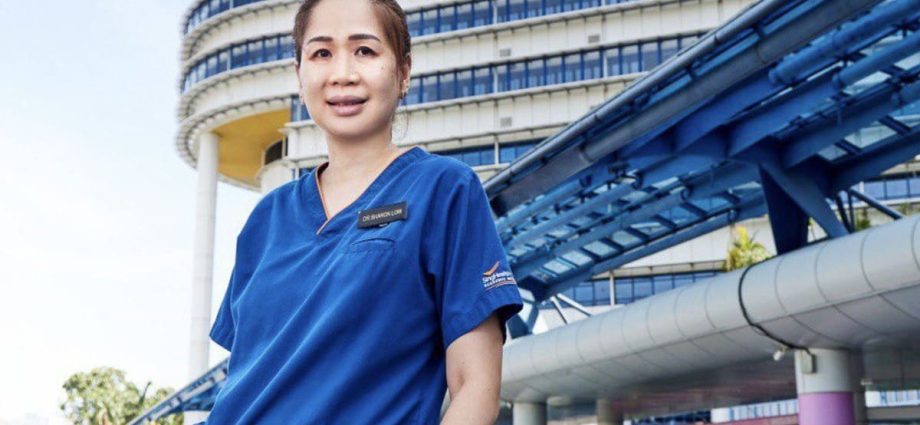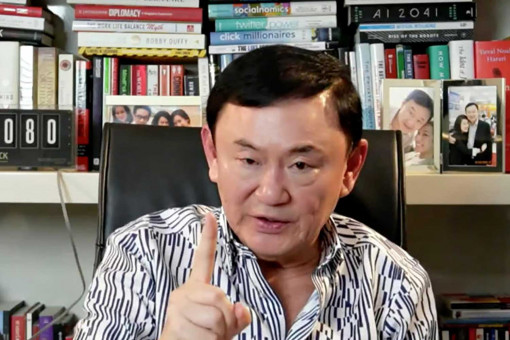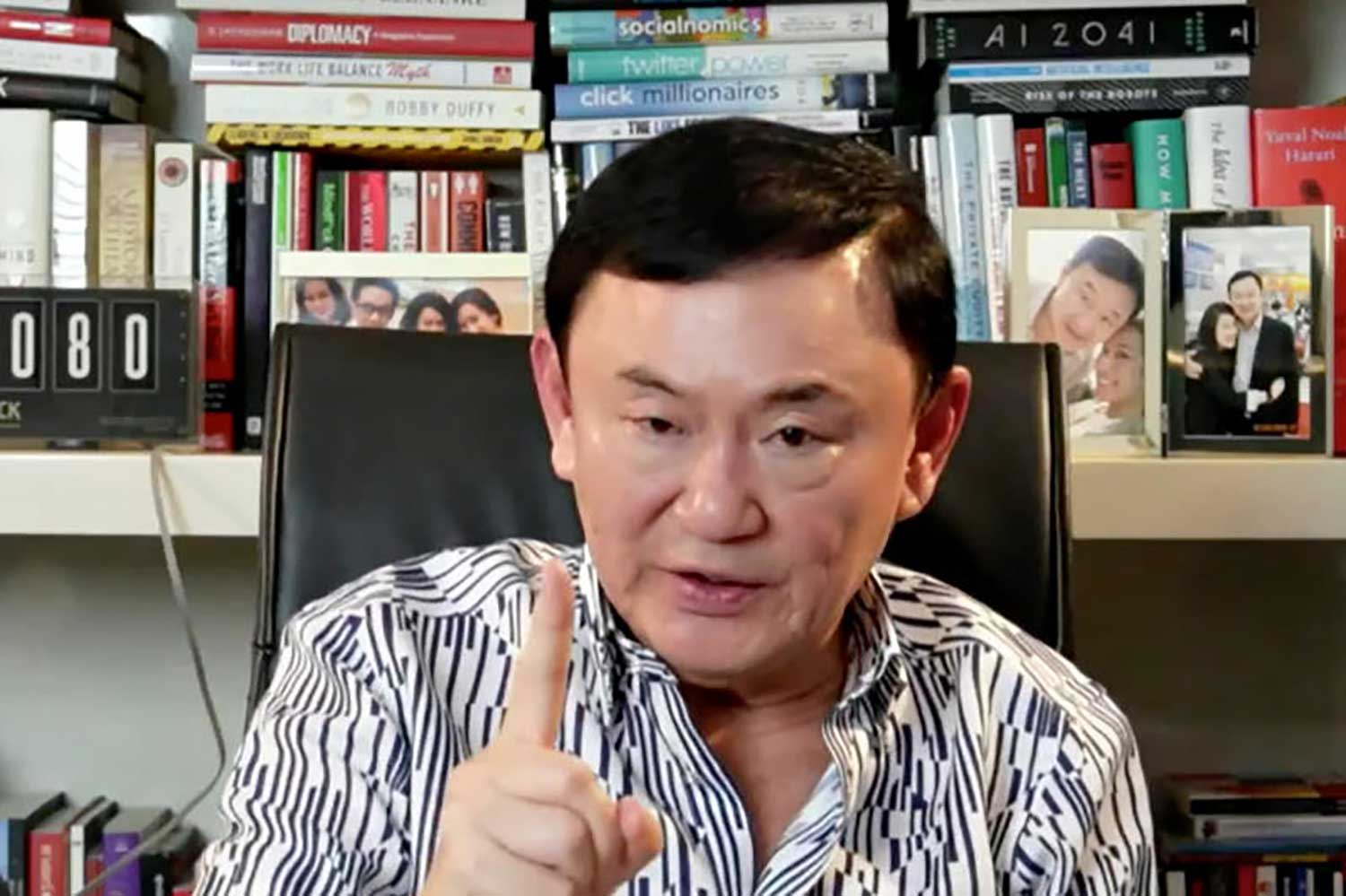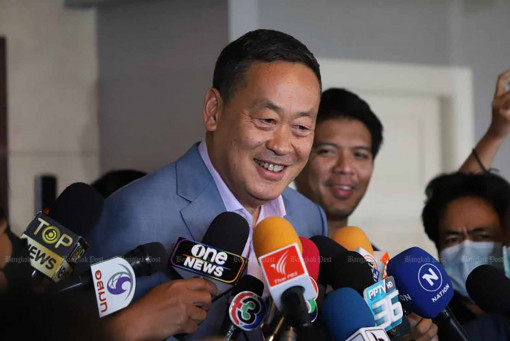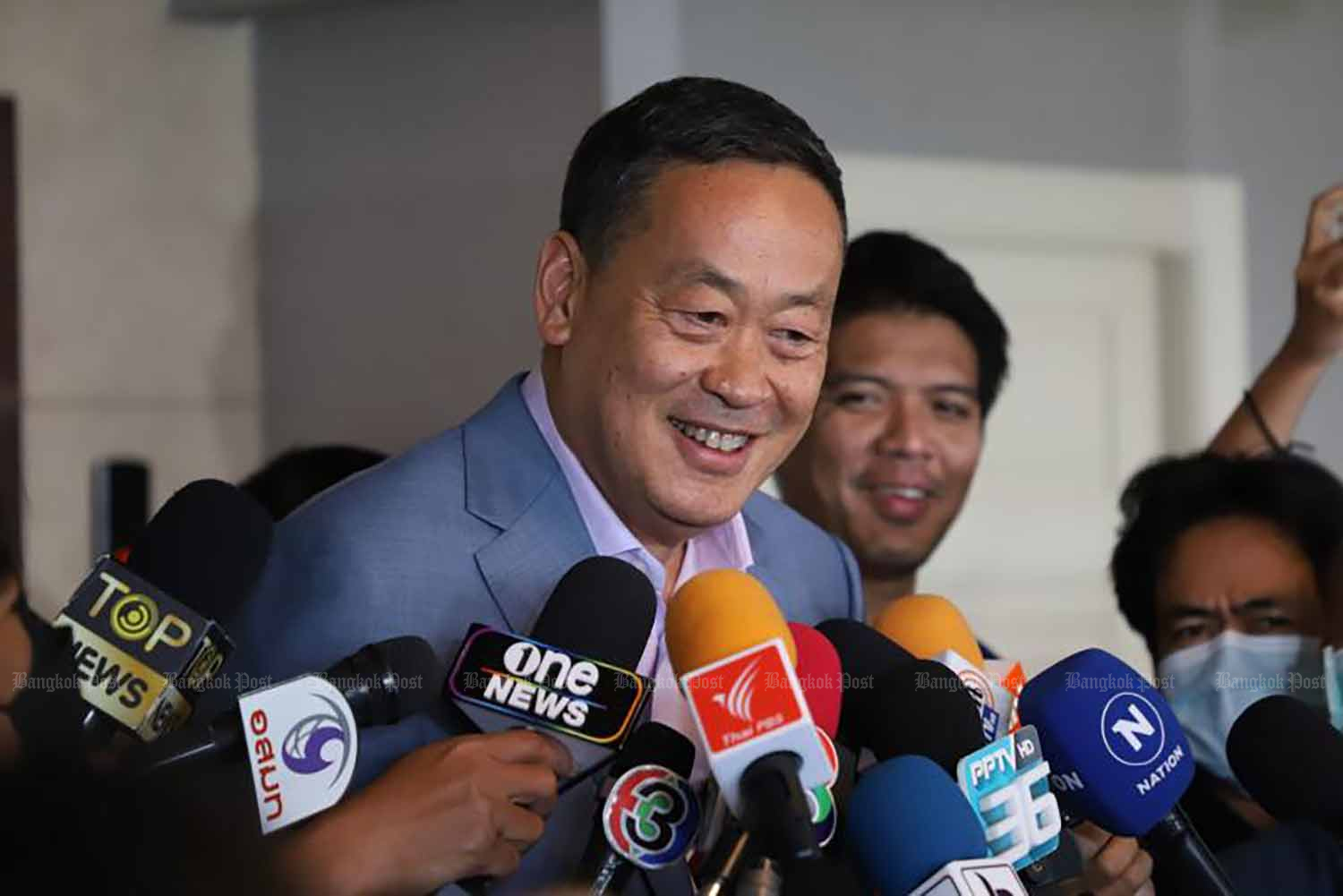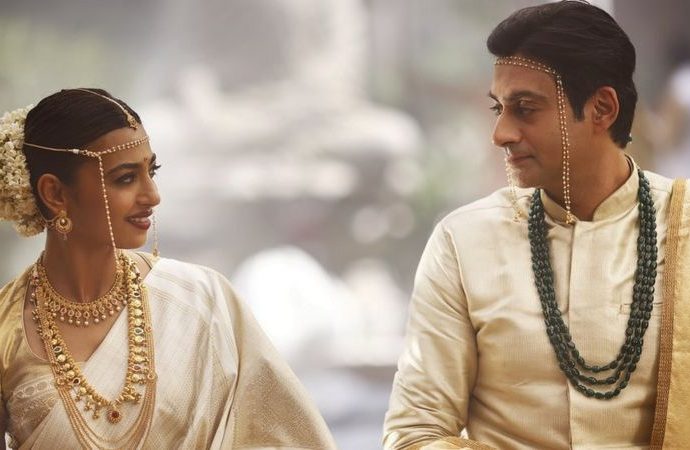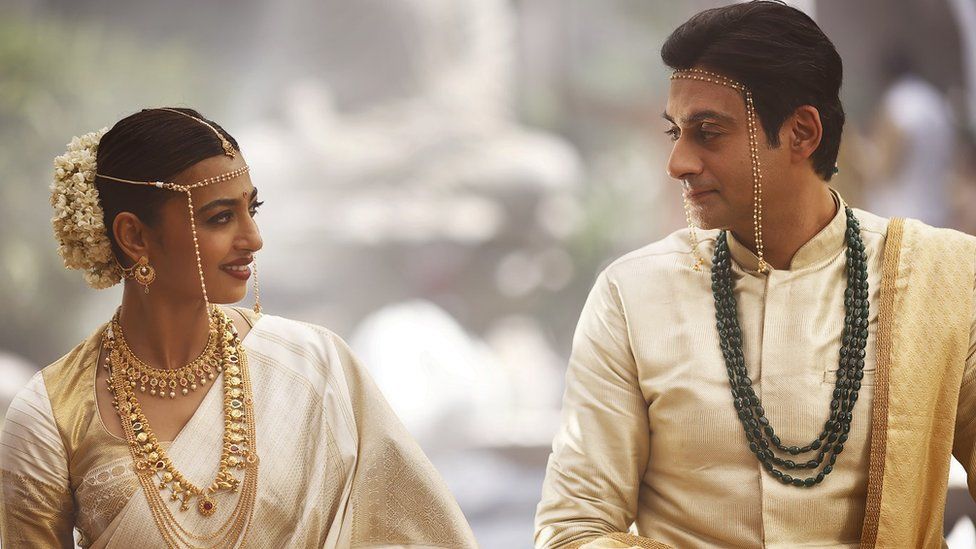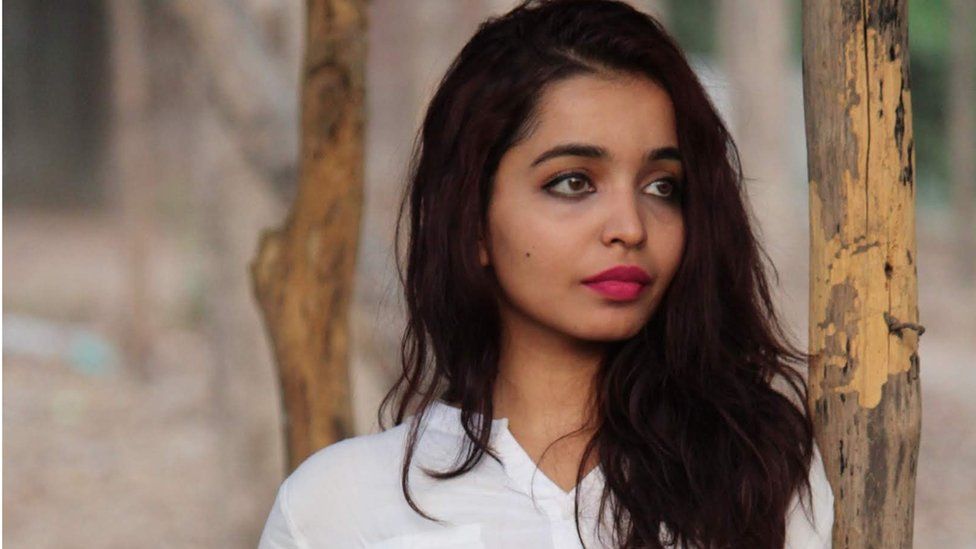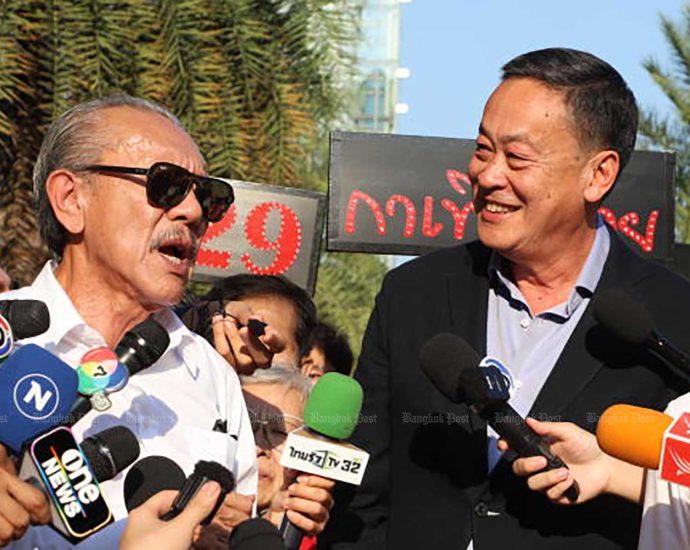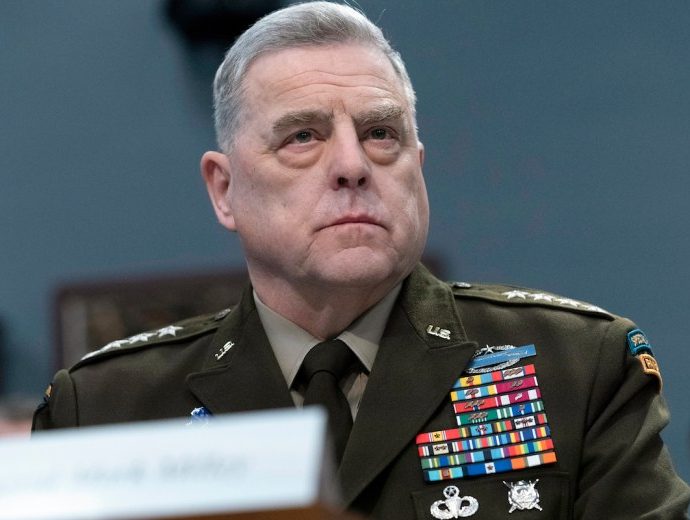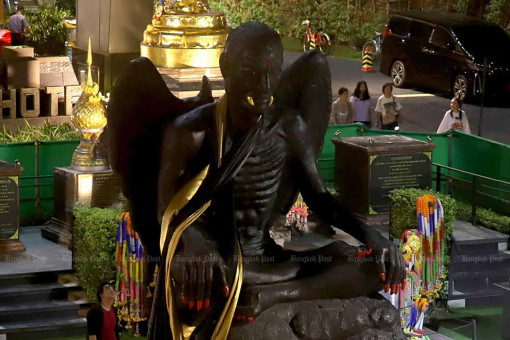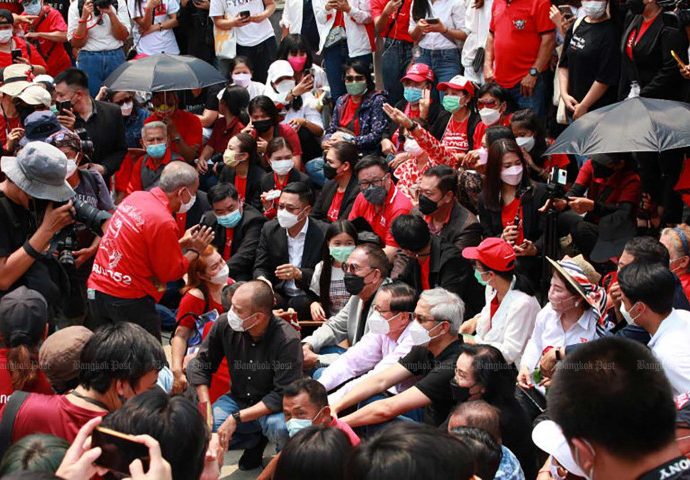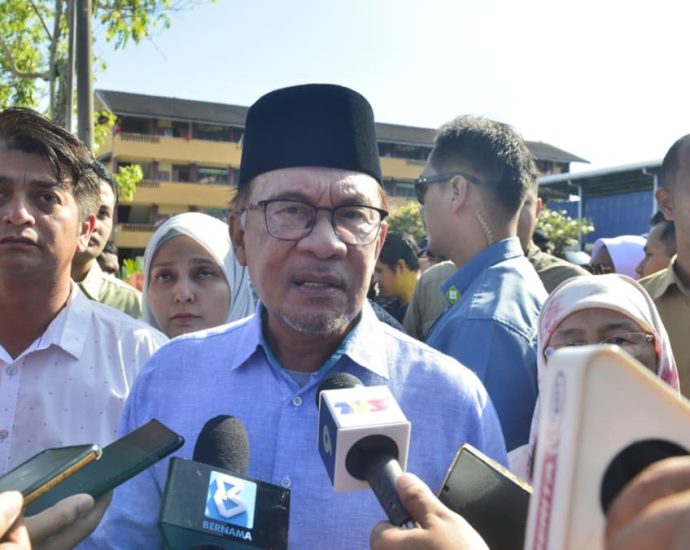She works round-the-clock to save children: Meet Singaporeâs only female paediatric neurosurgeon at KKH
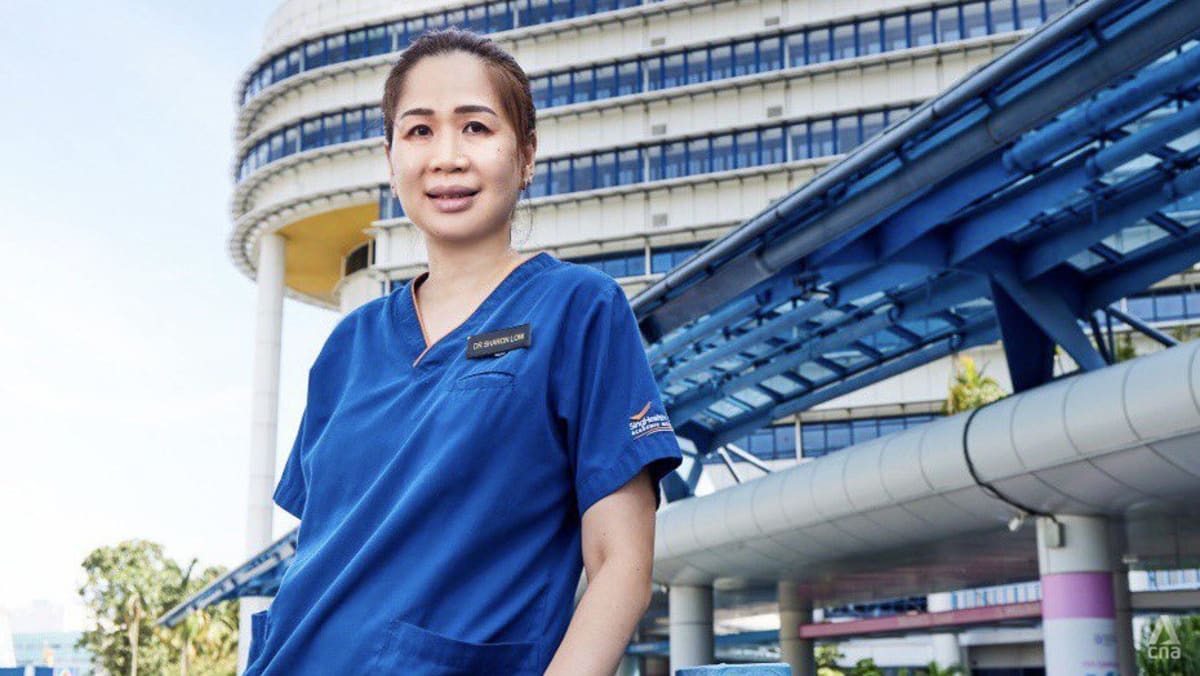
Dr Low said she is one of only three paediatric neurosurgeons in Singapore, all of whom are based at KKH – of the three, she is the only woman.
Her patients range from a day old to 19 years old. She treats brain and spine tumours, hydrocephalus, head injuries, and other conditions involving the brain and spinal cord, such as brain cysts, brain infections and certain birth defects.
There is no margin for error in neurosurgery. “If you cause injury to any of the brain or spine structures, the patient might end up being paralysed, in a vegetative state or dead,” Dr Low said, noting that this has not happened at KKH.
It’s also why medical insurance premiums for neurosurgeons are one of the highest amongst all specialties, she added.
Hours also run long. “When I started training, they told me that is one of those specialties where you don’t get to go home,” she laughed.
This is one reason neurosurgery is not a popular choice among medical students. In Singapore, there are only 50-plus neurosurgeons. Of these, roughly 10 per cent are women.
In fact, Dr Low said she is the second female neurosurgeon in Singapore – the first is from the United Kingdom. She started practising in 2016 and three other female neurosurgeons joined the speciality after. So today, there are five female neurosurgeons practising locally, she said.

